Germ theory in 60 seconds: ideas that changed the world
A new understanding of bacteria revolutionised medicine in the 19th century
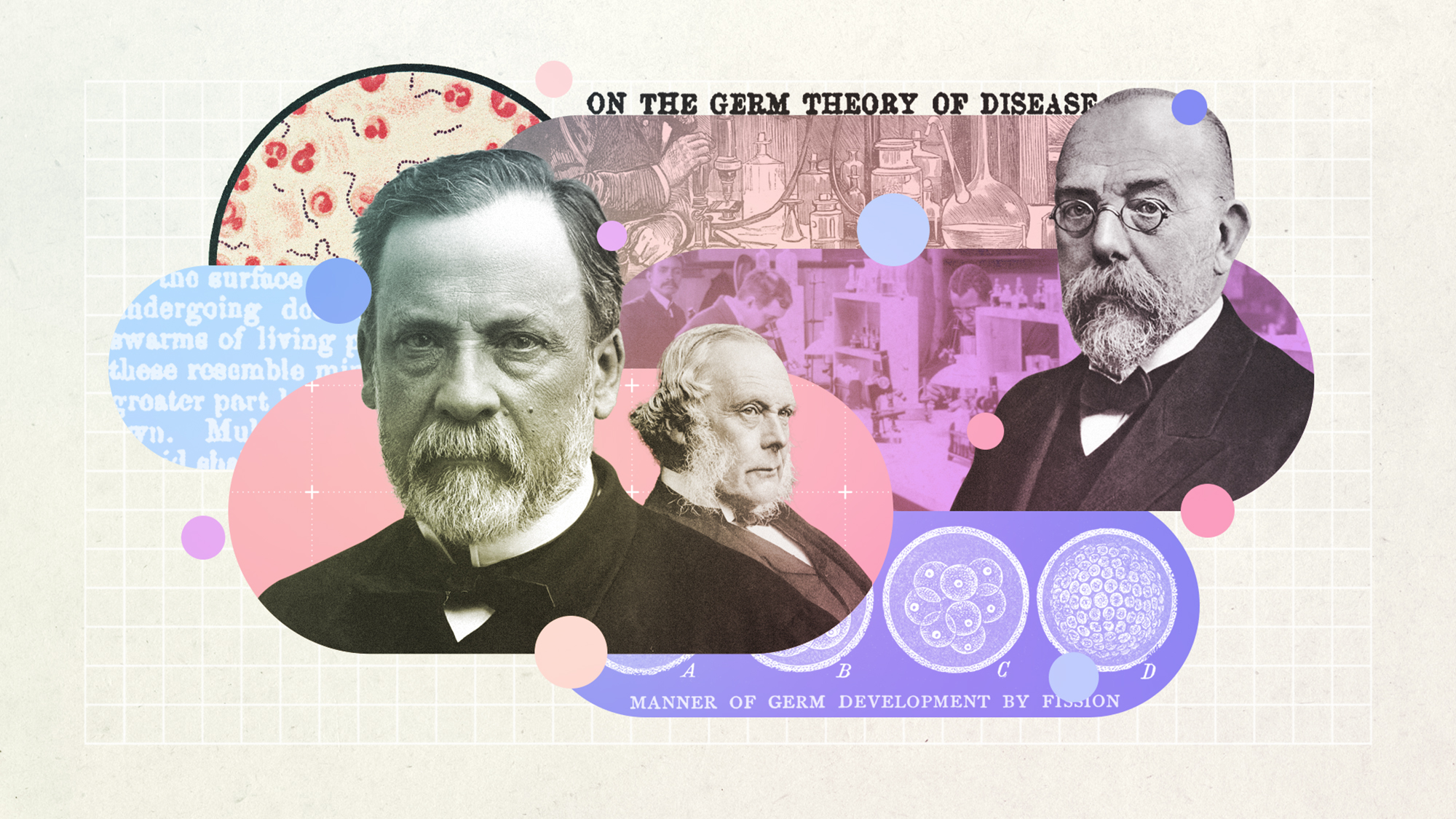
A free daily email with the biggest news stories of the day – and the best features from TheWeek.com
You are now subscribed
Your newsletter sign-up was successful
In this series, The Week looks at the ideas and innovations that permanently changed the way we see the world.
Germ theory in 60 seconds
Germ theory refers to the principle that "certain diseases are caused by the invasion of the body by microorganisms" such as bacteria, parasites, or viruses, according to the Encyclopedia Britannica. The physical existence of germs was observed some two hundred years before the development of germ theory, but their origin and effect remained largely unknown until the latter half of the 19th century.
Although earlier scientists had expressed similar ideas, Louis Pasteur was the first to provide scientific proof for the principles of germ theory, initially with relation to how microbes affect the fermentation of alcohol.
The Week
Escape your echo chamber. Get the facts behind the news, plus analysis from multiple perspectives.

Sign up for The Week's Free Newsletters
From our morning news briefing to a weekly Good News Newsletter, get the best of The Week delivered directly to your inbox.
From our morning news briefing to a weekly Good News Newsletter, get the best of The Week delivered directly to your inbox.
In the 1870s, he applied this knowledge to the field of medicine. After demonstrating that the decay of meat was caused by microbes, Pasteur "argued that this could explain disease as well as decay, claiming that disease was caused by the multiplication of germs in the body", said the Science Museum
His work launched the field of bacteriology, revolutionised our understanding of how diseases are transmitted and – crucially – demonstrated the importance of a sterile environment for treating the sick and carrying out surgery.
How did it develop?
In the 1860s, Pasteur - already a celebrated scientist in his native France - was enlisted to help the country’s winemakers better understand the process of fermentation. His research in this field uncovered new findings about microbes, not least the effect of oxygen on bacteria.
Winemakers were quick to adopt Pasteur’s system of applying just enough heat to kill off harmful bacteria in food and drink without affecting the taste - a process he called pasteurisation.
A free daily email with the biggest news stories of the day – and the best features from TheWeek.com
Nevertheless, for several years "there remained significant doubt about the causative role of bacteria in disease" within the medical establishment, according to John Booss and Alex C. Tselis in their "Handbook of Clinical Neurology".
Until the middle of the 19th century, these microorganisms were generally assumed to be a by-product of disease rather than its cause. The prevalent theory of "spontaneous generation" held that organisms could simply appear - for instance, that maggots could arise from dead flesh.
In a famous experiment, Pasteur disproved this theory by showing that while boiled beef broth became cloudy when exposed to air - indicating contamination - beef broth boiled in a flask with a long, curved neck to prevent any external particles from coming into contact with the liquid remained clear. "These experiments proved that there was no spontaneous generation, since the boiled broth, if never reexposed to air, remained sterile," according to the Encyclopedia Britannica.
German physician Robert Koch laid to rest any lingering doubts about germ theory. In the 1870s, he developed new laboratory techniques that enabled scientists to isolate and cultivate specific bacteria.
Thanks to Koch’s advances, "causes of significant bacterial diseases" such as tuberculosis and cholera could be identified and studied for the first time, wrote Booss and Tselis.
English physician Joseph Lister had noted back in the 1850s that cleaning wounds with a caustic substance appeared to reduce the risk of infection, but his claims went largely ignored until the work of Pasteur and Koch gained widespread acceptance.
With the principle of germ theory now recognised, Lister’s theories about the use of antiseptic to kill bacteria also gained acceptance. In 1871, he was even asked to treat Queen Victoria, who was suffering from an abscess in her arm.
"Lister’s methods transformed surgery from a butchering art to a modern science," wrote Lindsey Fitzharris in "The Butchering Art: Joseph Lister’s Quest to Transform the Grisly World of Victorian Medicine". His methods have since saved countless lives.
How did it change the world?
"The conclusive demonstration that certain diseases, as well as the infection of surgical wounds, were directly caused by minute living organisms… effected a complete revolution in the practice of surgery," says the Encyclopedia Britannica.
"Without antiseptic and aseptic environments and procedures, along with antibiotics and antiviral and antifungal agents, modern medicine would be nearly impossible," said Joel and Salomao Faintuch in "Microbiome and Metabolome in Diagnosis, Therapy, and other Strategic Applications".
Furthermore, without the knowledge of germ theory, hospitals would be little better than medieval almshouses, "and the healthcare profession would not perform much better than at the time of alchemists, herbalists, and barber surgeons", they added.
Germ theory also provided the launch pad for the field of medical microbiology. Koch’s advances in laboratory techniques enabled scientists to identify the pathogens responsible for deadly infectious diseases – the vital first step towards developing the vaccines and medicines that have eradicated many of these diseases from countries across the globe.
Sorcha Bradley is a writer at The Week and a regular on “The Week Unwrapped” podcast. She worked at The Week magazine for a year and a half before taking up her current role with the digital team, where she mostly covers UK current affairs and politics. Before joining The Week, Sorcha worked at slow-news start-up Tortoise Media. She has also written for Sky News, The Sunday Times, the London Evening Standard and Grazia magazine, among other publications. She has a master’s in newspaper journalism from City, University of London, where she specialised in political journalism.
-
 What is the endgame in the DHS shutdown?
What is the endgame in the DHS shutdown?Today’s Big Question Democrats want to rein in ICE’s immigration crackdown
-
 ‘Poor time management isn’t just an inconvenience’
‘Poor time management isn’t just an inconvenience’Instant Opinion Opinion, comment and editorials of the day
-
 Bad Bunny’s Super Bowl: A win for unity
Bad Bunny’s Super Bowl: A win for unityFeature The global superstar's halftime show was a celebration for everyone to enjoy
-
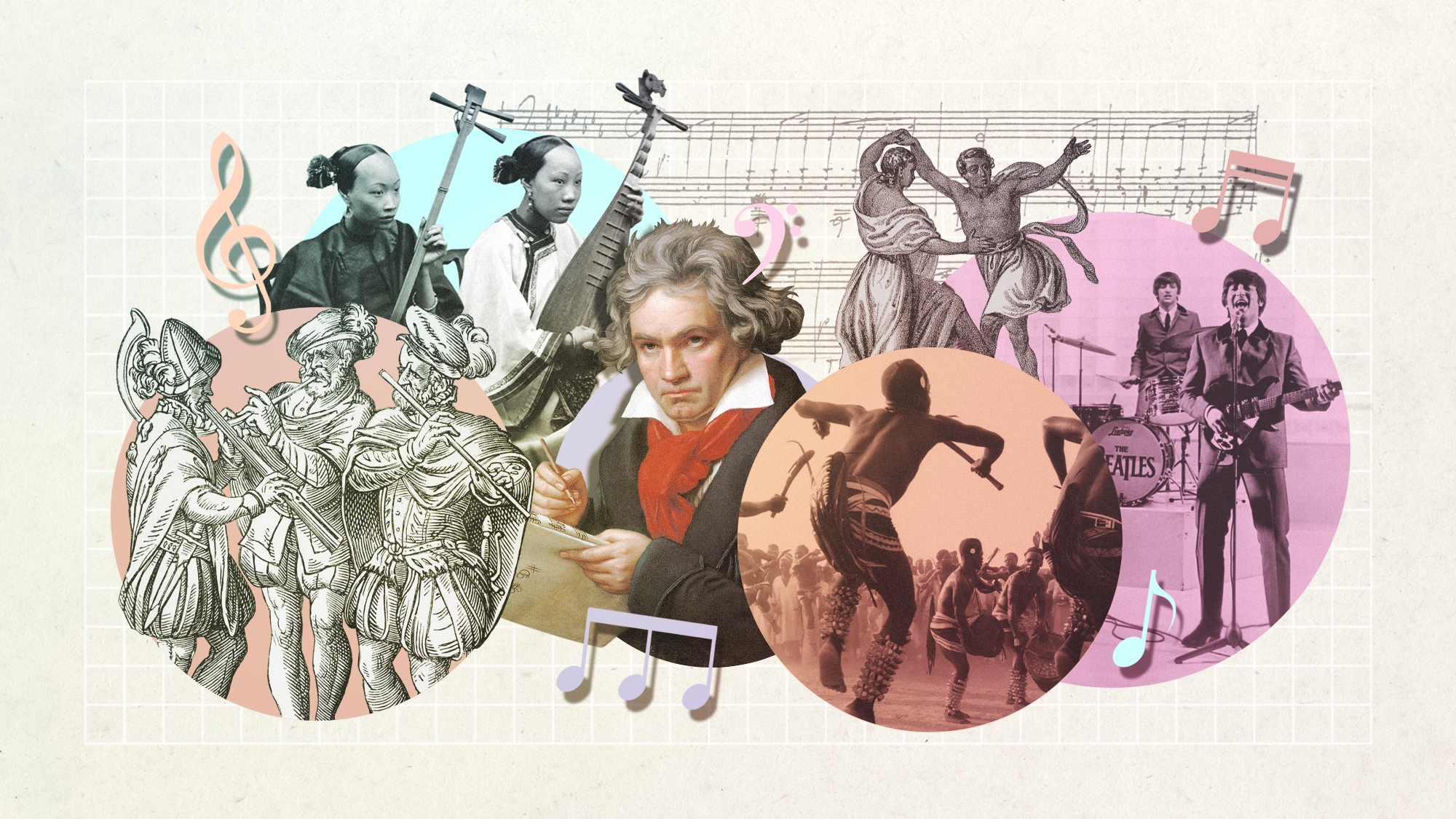 Music explained in 60 seconds: ideas that changed the world
Music explained in 60 seconds: ideas that changed the worldIn Depth This emotive but hard-to-define art form has played a pivotal role in human evolution
-
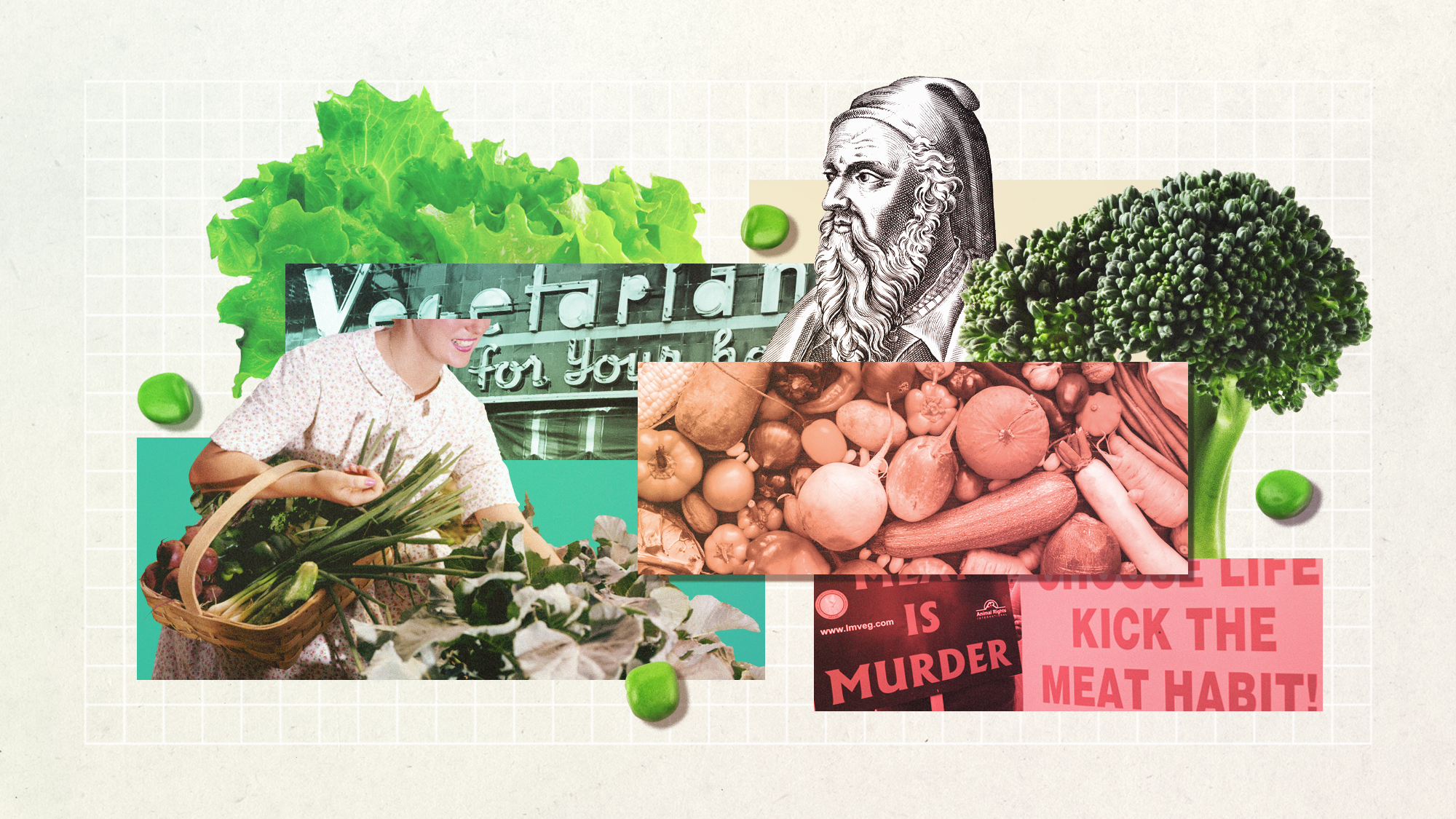 Vegetarianism explained in 60 seconds: ideas that changed the world
Vegetarianism explained in 60 seconds: ideas that changed the worldIn Depth How meat-free diets went from religious abstention to global sustainability trend
-
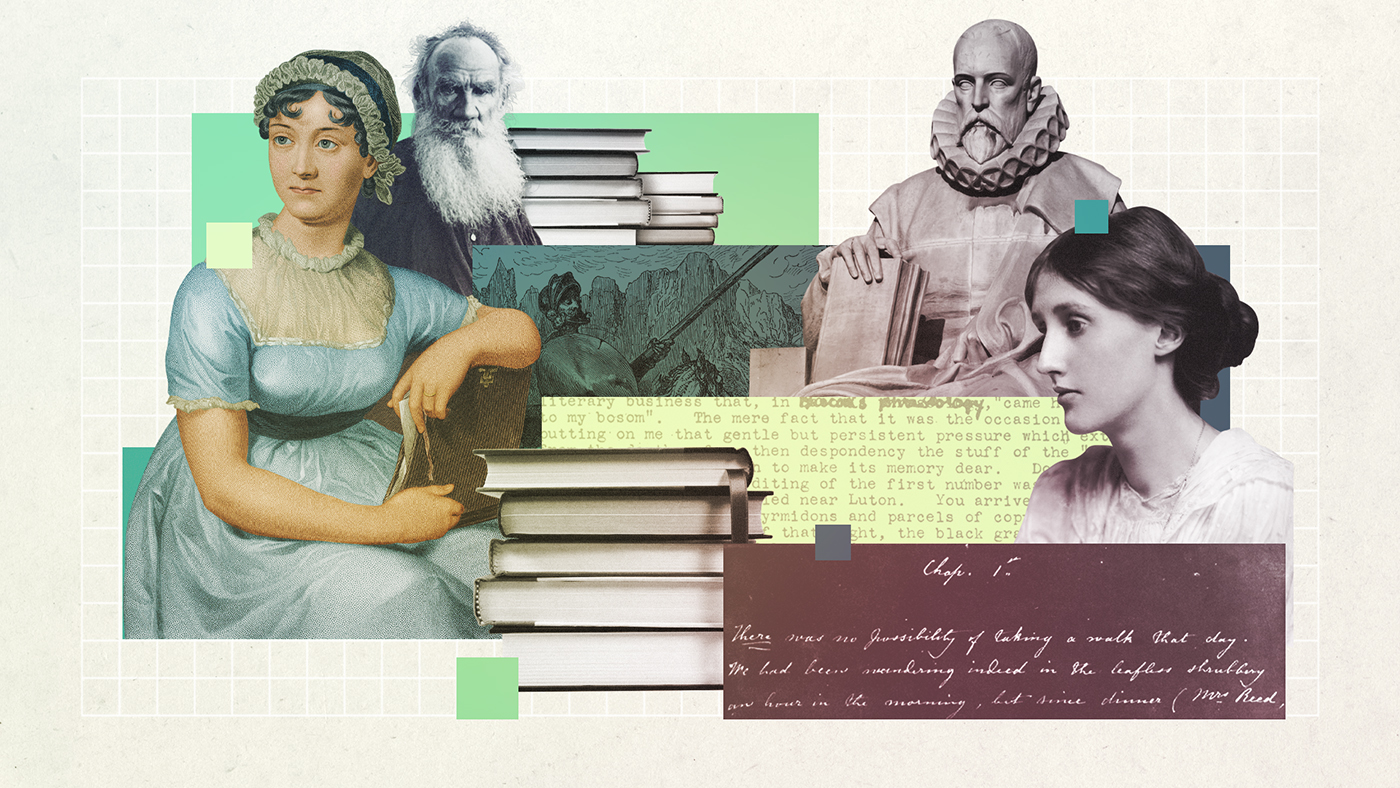 The novel explained in 60 seconds: ideas that changed the world
The novel explained in 60 seconds: ideas that changed the worldIn Depth How a new way of portraying existence transformed literature
-
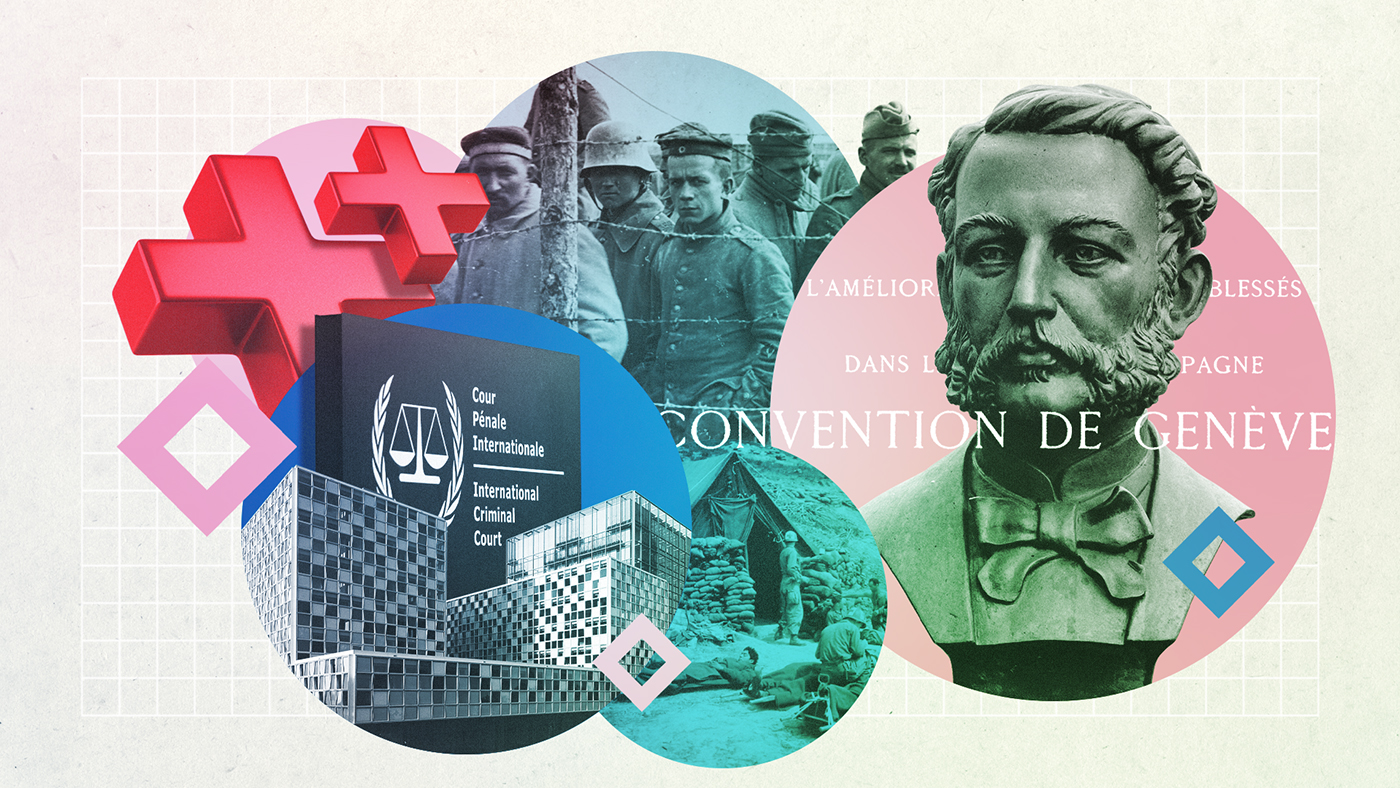 The Geneva Conventions explained in 60 seconds: ideas that changed the world
The Geneva Conventions explained in 60 seconds: ideas that changed the worldIn Depth How the international community brought humanity to warfare
-
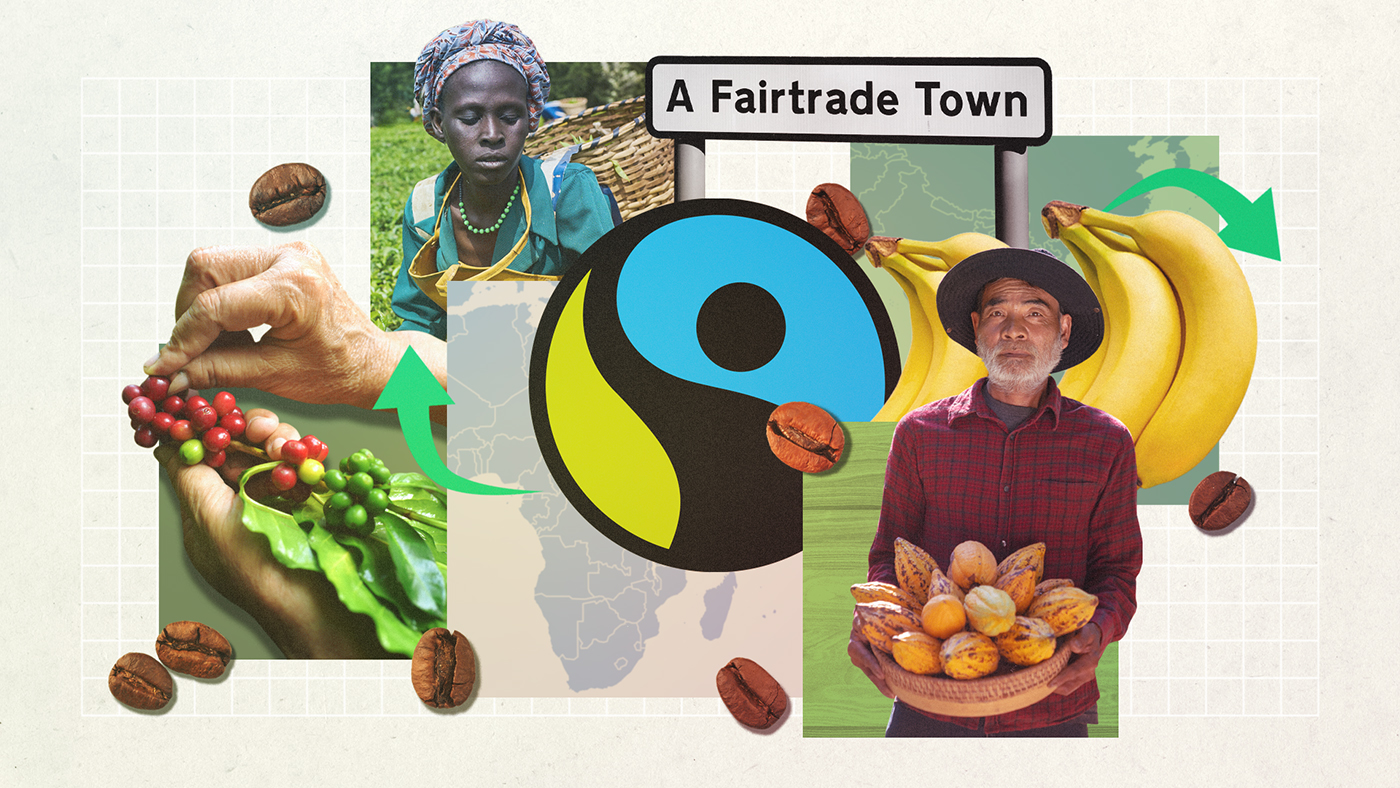 Fairtrade explained in 60 seconds: ideas that changed the world
Fairtrade explained in 60 seconds: ideas that changed the worldIn Depth How paying farmers fairly went from niche to necessary
-
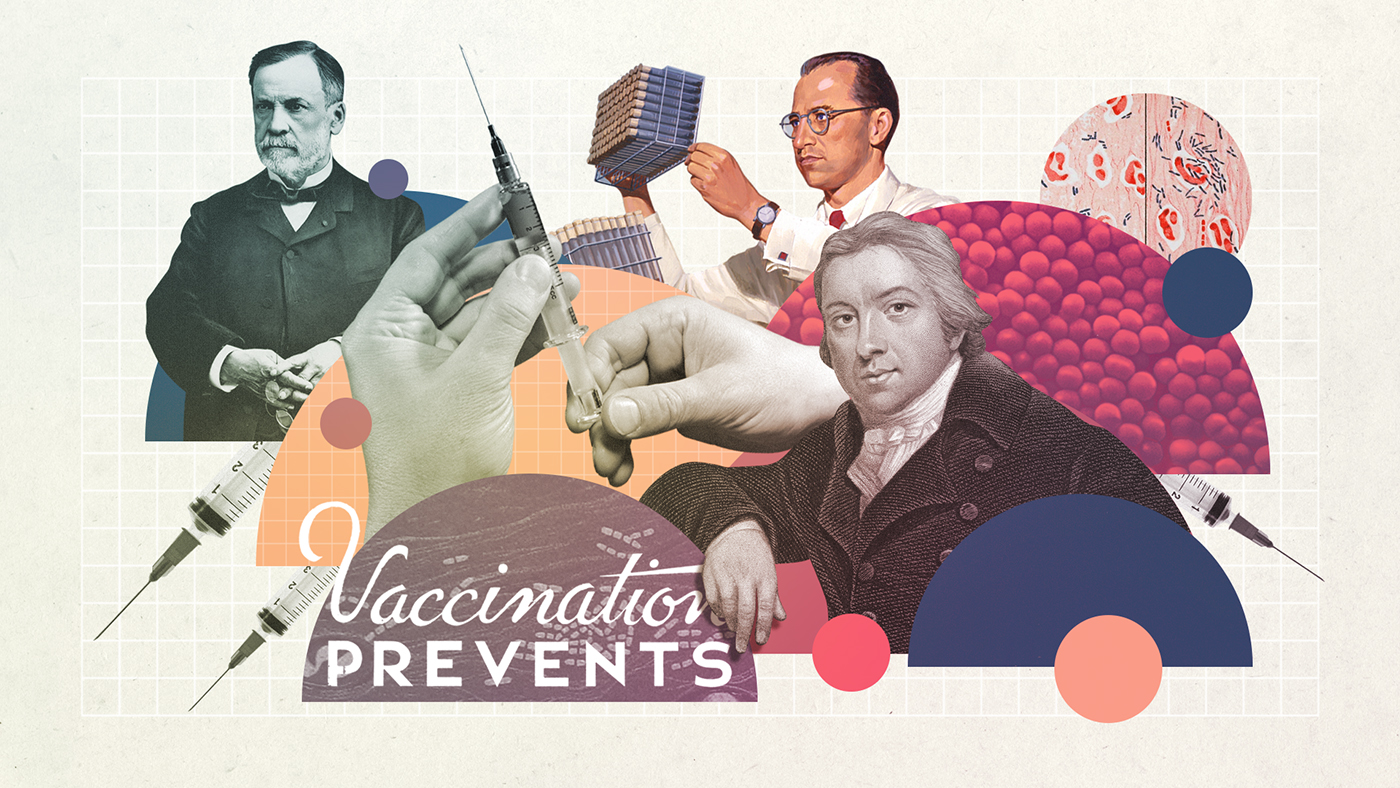 Vaccination explained in 60 seconds: ideas that changed the world
Vaccination explained in 60 seconds: ideas that changed the worldIn Depth How a medical breakthrough has saved countless millions of lives
-
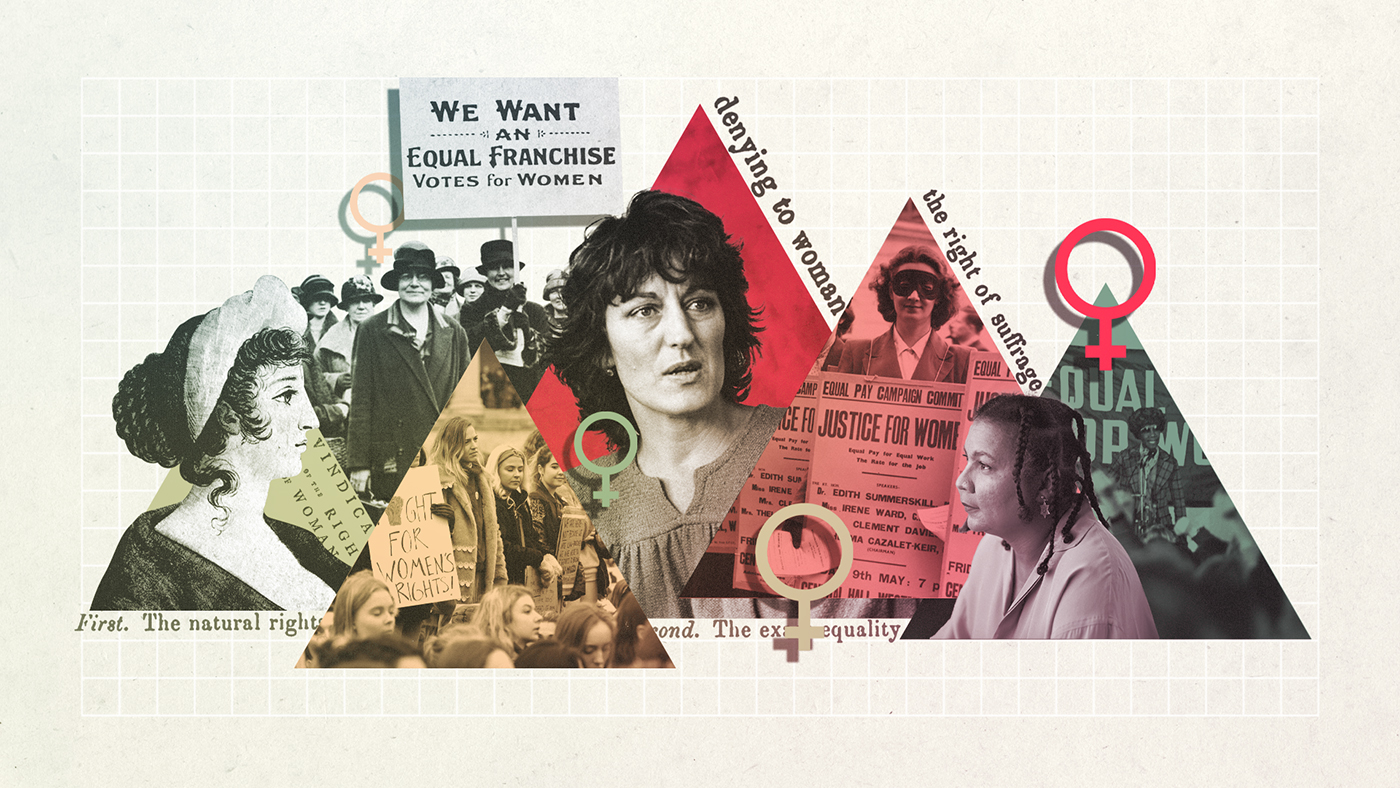 Feminism explained in 60 seconds: ideas that changed the world
Feminism explained in 60 seconds: ideas that changed the worldIn Depth How women fought for social and political liberation
-
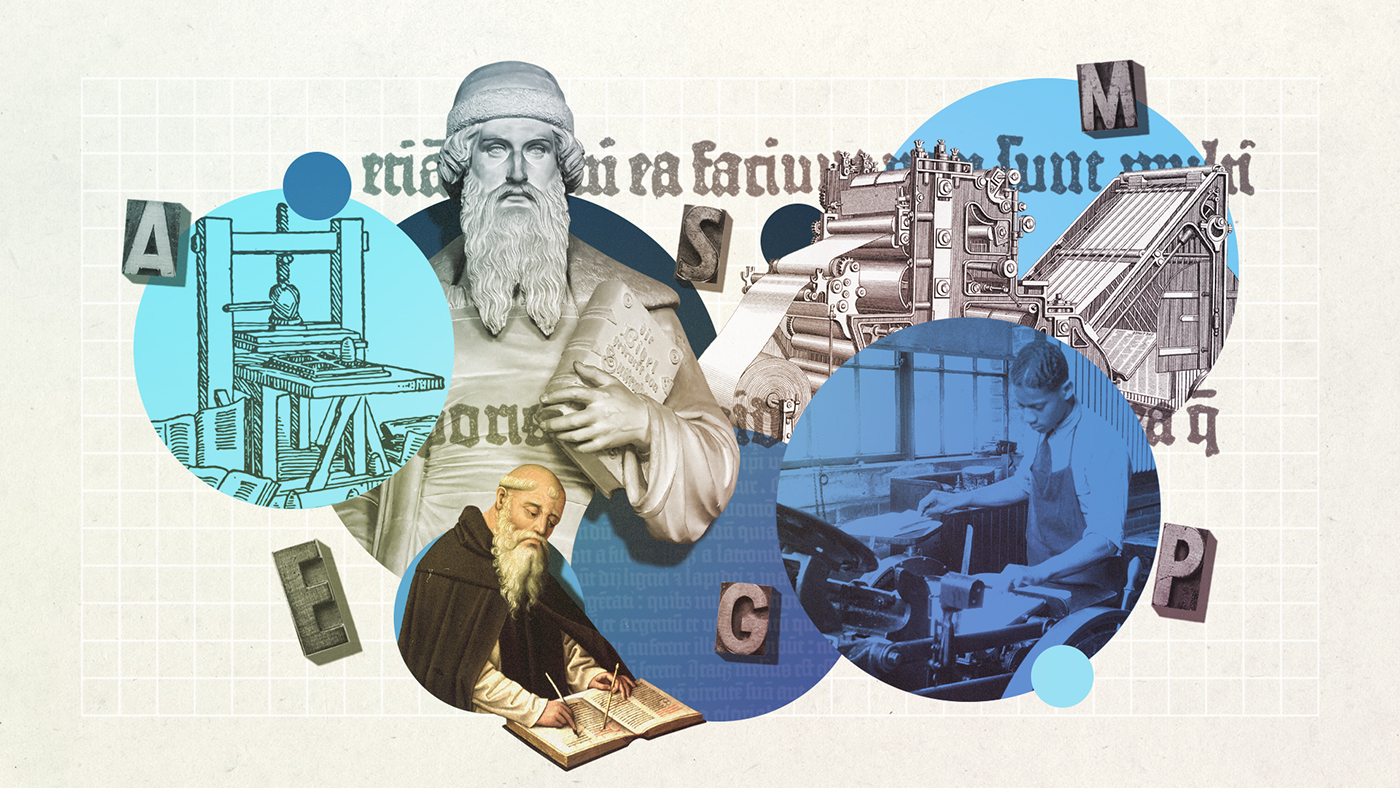 The printing press explained in 60 seconds: ideas that changed the world
The printing press explained in 60 seconds: ideas that changed the worldIn Depth How a German goldsmith revolutionised the way we share ideas